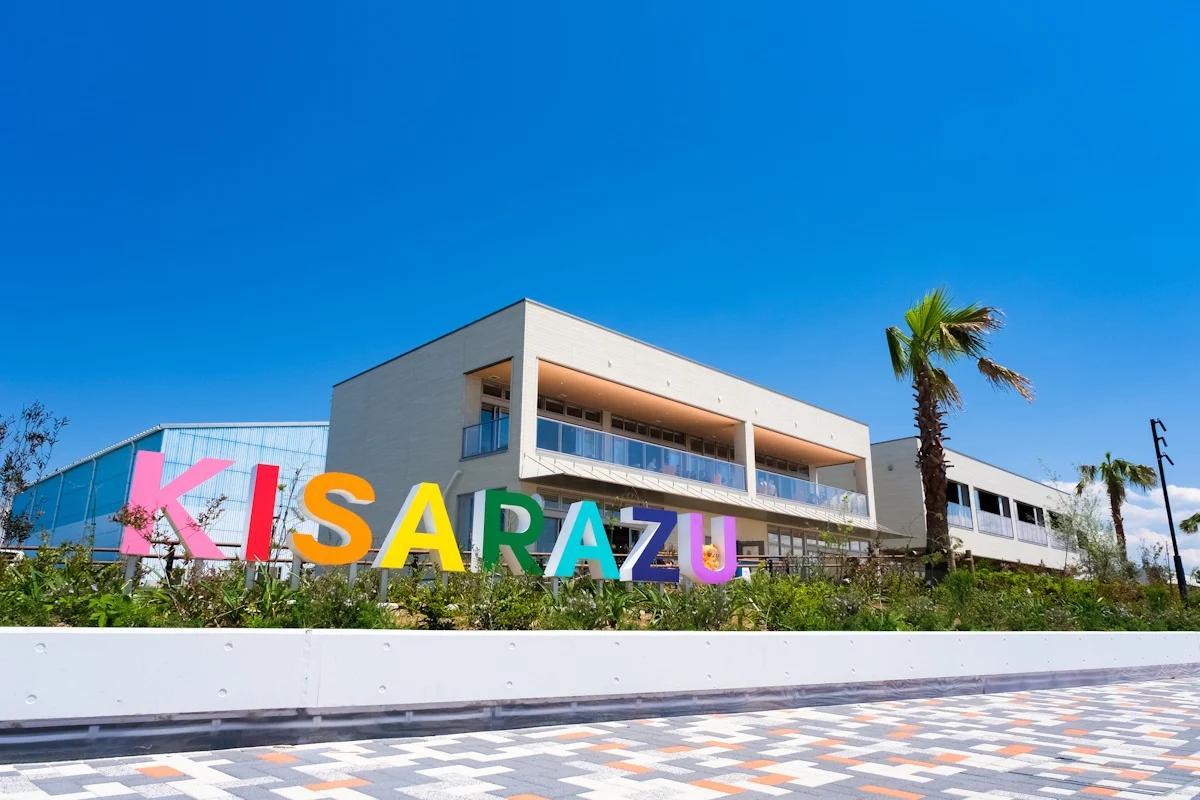Africa-Press – Ghana. An independent governmental organization in Japan recently announced a “hometown” initiative with four countries in Africa. However, after several African news outlets misreported the announcement, Japan’s right-wing sprang into action. The result? A protest in Tokyo last week, where over a hundred clueless people openly expressed their Fear of a Black Japan.
At the center of the controversy is the Japan International Cooperation Agency (JICA). JICA describes its mission as “forging bonds of trust across the world, aspiring for a free, peaceful and prosperous world where people can hope for a better future and explore their diverse potentials.”
JICA is an independent administrative agency, i.e., a government agency with considerable autonomy to enact policies set forth by Japan’s government. The organization has no ministers and cannot set policy itself.
As part of its efforts, at the 9th Tokyo International Conference on African Development (TICAD 9), JICA announced an Africa Hometown Initiative. The initiative declared four cities as “hometowns” for specific African countries:
Imabari (Ehime Prefecture) for Mozambique
Kisarazu (Chiba Prefecture) for Nigeria
Sanjo (Niigata Prefecture) for Ghana
Nagai (Yamagata Prefecture) for Tanzania
The goal of the program is to strengthen the relationships between these municipalities and the designated countries by promoting cultural exchange and fostering mutual understanding.
Unfortunately, multiple news sources in Africa got this detail wrong. Several reported that the Japanese government had opened up a “special visa” for highly skilled workers, making it easier for people from these countries to immigrate to Japan.
In fact, this announcement doesn’t include any changes to Japan’s immigration policy. Any such change would have required a vote in Japan’s National Diet.
“We’ll become a city of Black people,” say people who insist they’re not racistThe JICA has issued statements in multiple languages, reiterating that this designation is purely symbolic and cultural. It’s urged local African media to issue corrections. Many, it seems, have already done so.
However, that hasn’t stopped the far right in Japan from raising a stink. Right-wing social media accounts latched onto the African reporting to stoke fears of an “African invasion” of Japan. And on August 28th, 150-some people gathered outside JICA headquarters in Tokyo’s Chiyoda City to protest.
What were they protesting? The more articulate members of the crowd said they protested any Japanese government investment in countries in Africa. The government under Prime Minister Ishiba Shigeru announced at TICAD that it was raising the $30B investment in the continent to $36.7B. Two-thirds of that comes from private Japanese companies.
In line with rising demands for a “Japanese first” social policy led by the far-right party Sanseitō, some protestors demanded that the government halt all investment in Africa. Others lobbied for JICA to be disbanded.
However, when questioned, it was clear that some attendees, infected by online brain rot, believed that Japan was preparing to accept millions of African immigrants. These people, interviewed by a sympathetic Sankei Shimbun, were falling over themselves to explain how their appearance at the protest wasn’t racist.“I’ve been shouting ‘No immigrants’ and ‘Stay out, Africans,’” said one woman, who said this was her first protest ever. “I don’t wanna say that. I know there are good people in Africa. But these forced immigration policies are stirring up these discriminatory-like feelings.”
Others were more blunt. “I’m afraid of Africans,” said one woman from Kisarazu, explaining it’s because they’re so much bigger and stronger than Japanese people. “People will call this discrimination. But we can’t protect Japan unless we protest.”
“They’ll turn Kisarazu into a city of Black people,” she bemoaned.
Japan and race
Japan has a fraught relationship with race. As we’ve documented, the country has a clear bias towards whiteness, driven in part by its co-dependent relationship with the United States.
As a result, non-white residents and mixed Japanese struggle against discrimination. This presents itself in everything from racial profiling by Japanese police to school regulations on hair. It has also been manifested in numerous controversies surrounding the use of blackface in Japanese entertainment.
For More News And Analysis About Ghana Follow Africa-Press







